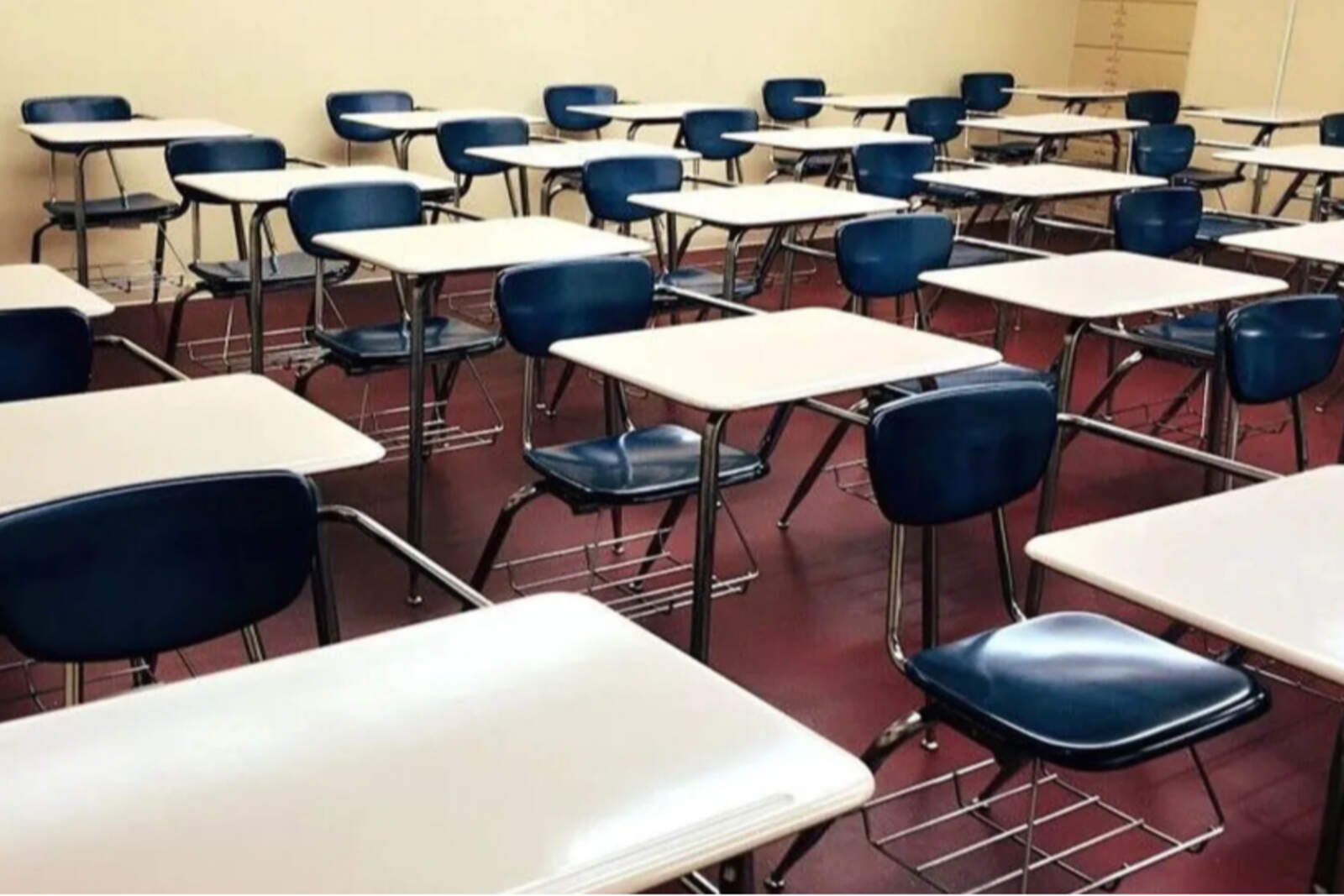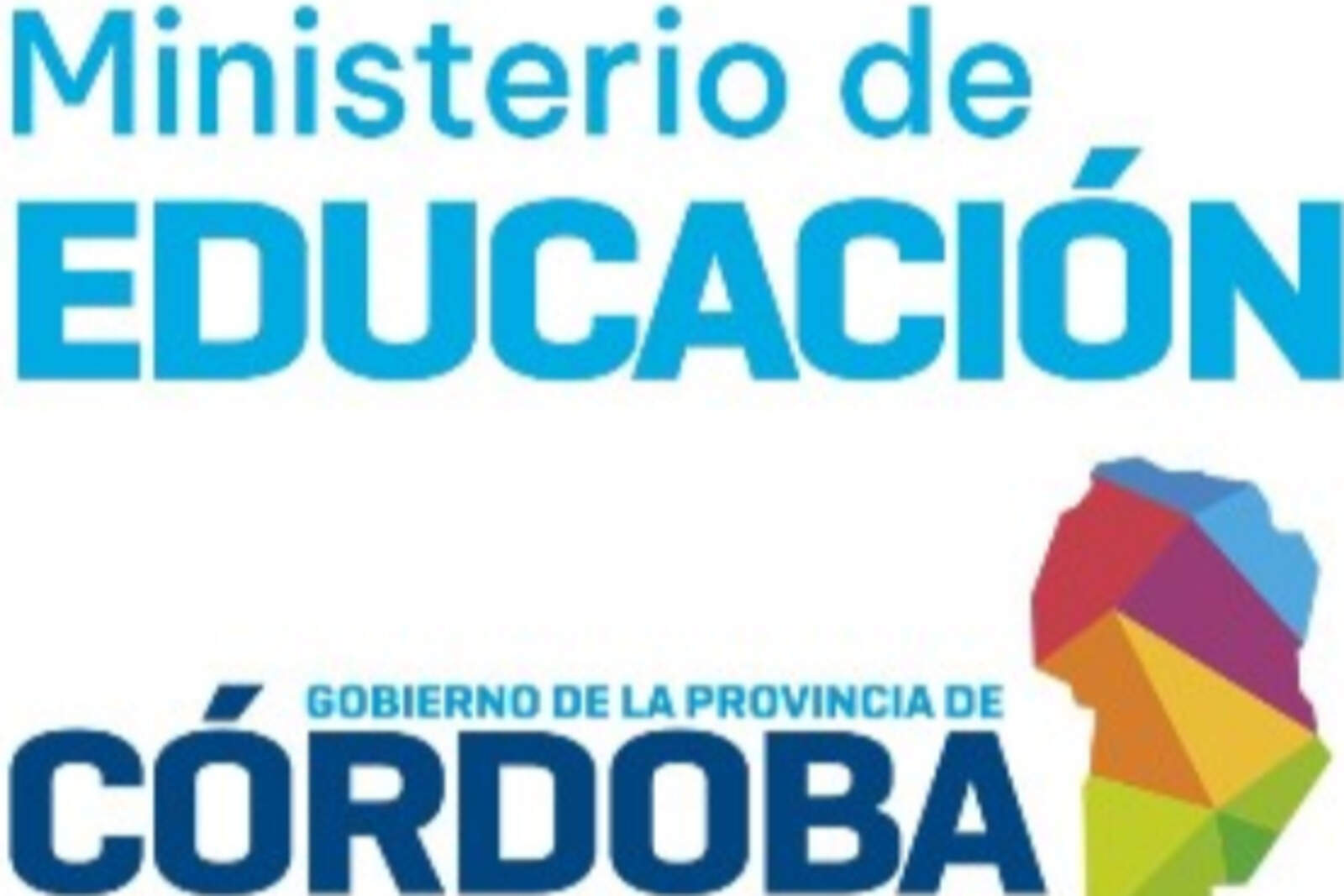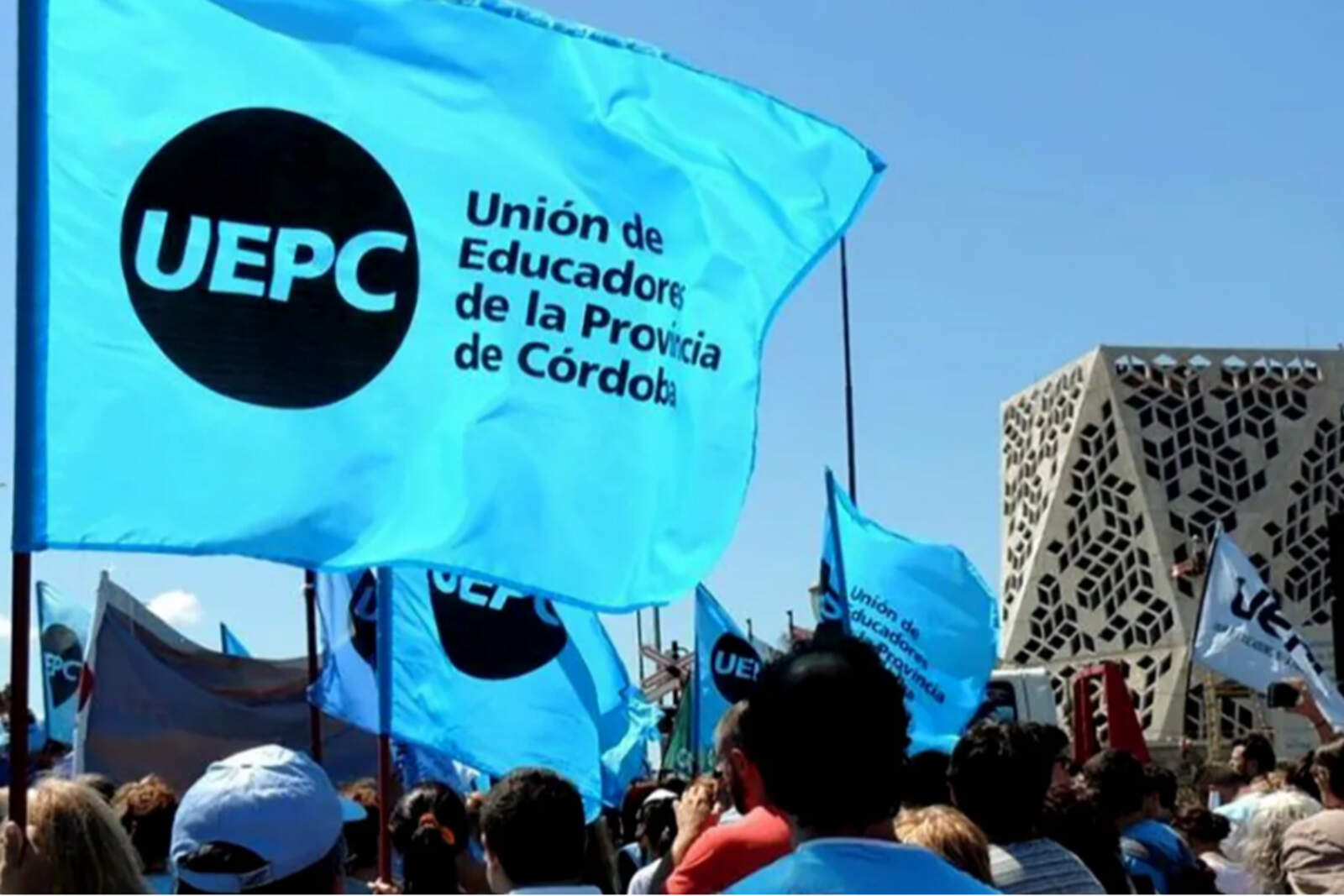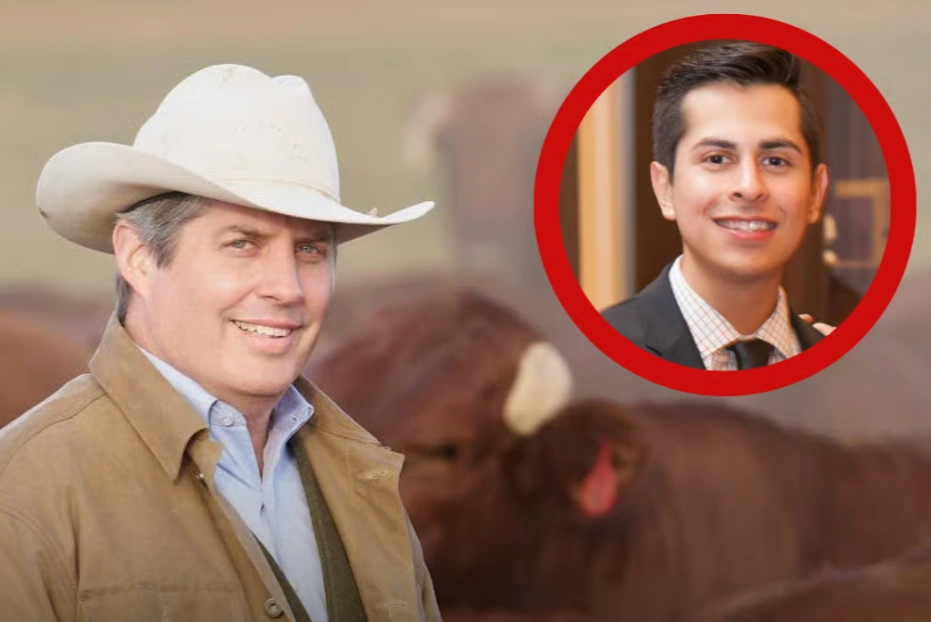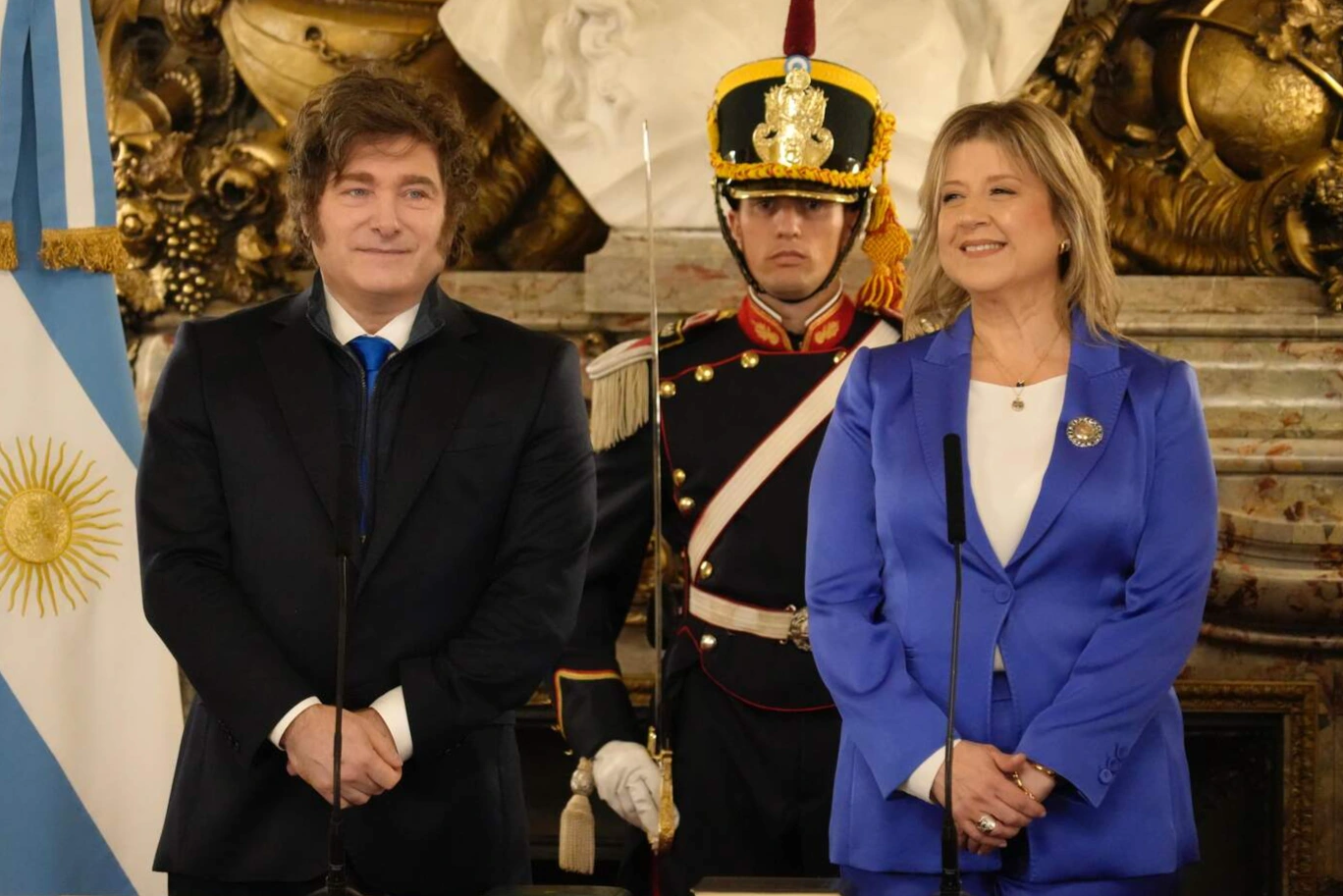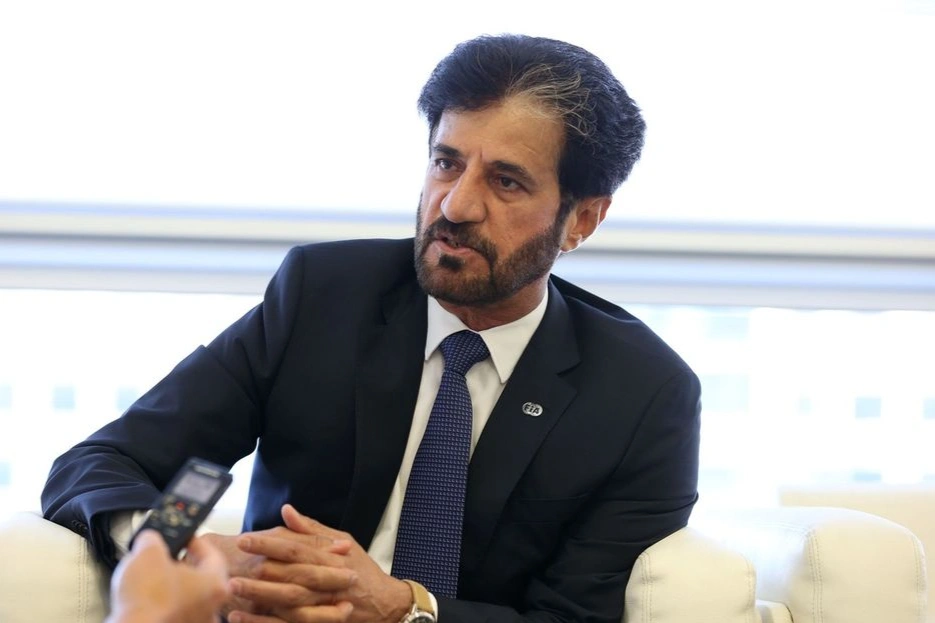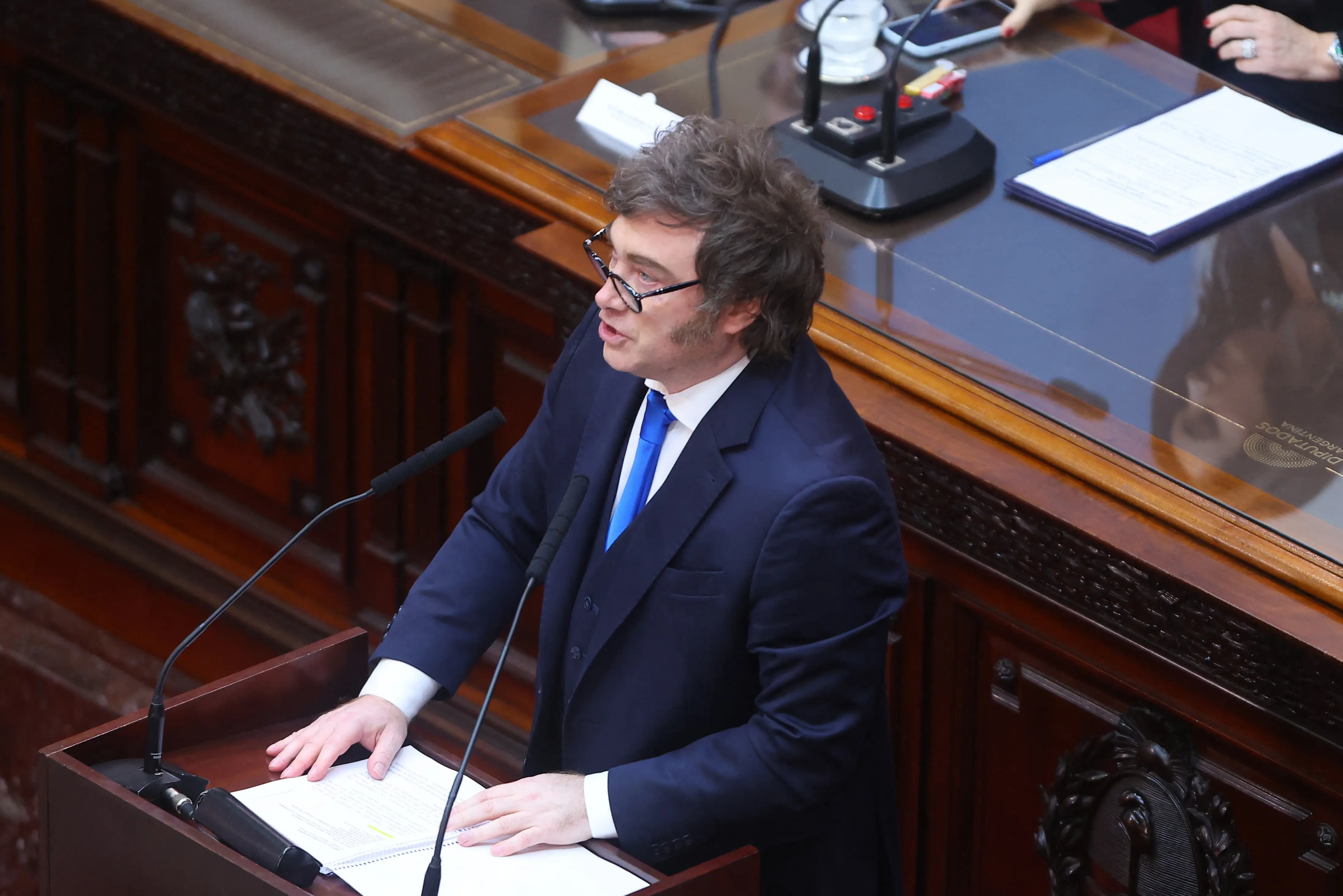Franco Boczkowski, the union's general secretary, said that "in this situation of extreme cold wave, we consider it unreasonable to require schools to remain open without the necessary conditions." The diagnosis points to institutions without heating or infrastructure, but the proposed solution is once again to close classrooms. UEPC repeats the same script as always: when faced with a problem, activity is stopped instead of seeking ways to sustain it.
Schedule changes, partial suspensions, and general disorganization have ended up affecting families. While most workers attend their jobs despite the cold, in the education union, the opposite logic seems to prevail: everything is paralyzed. The cold is not new, but what is old is a school model without preventive planning or shared responsibility.
For years, the province has boasted about inclusion, but keeps broken boilers, shattered windows, and container classrooms that were meant to be temporary but became permanent. The school budget covers superficial repairs that do not solve the lack of heating or improve insulation. This chronic inefficiency highlights the urgency of measures that ensure projects with verifiable deadlines and quality.
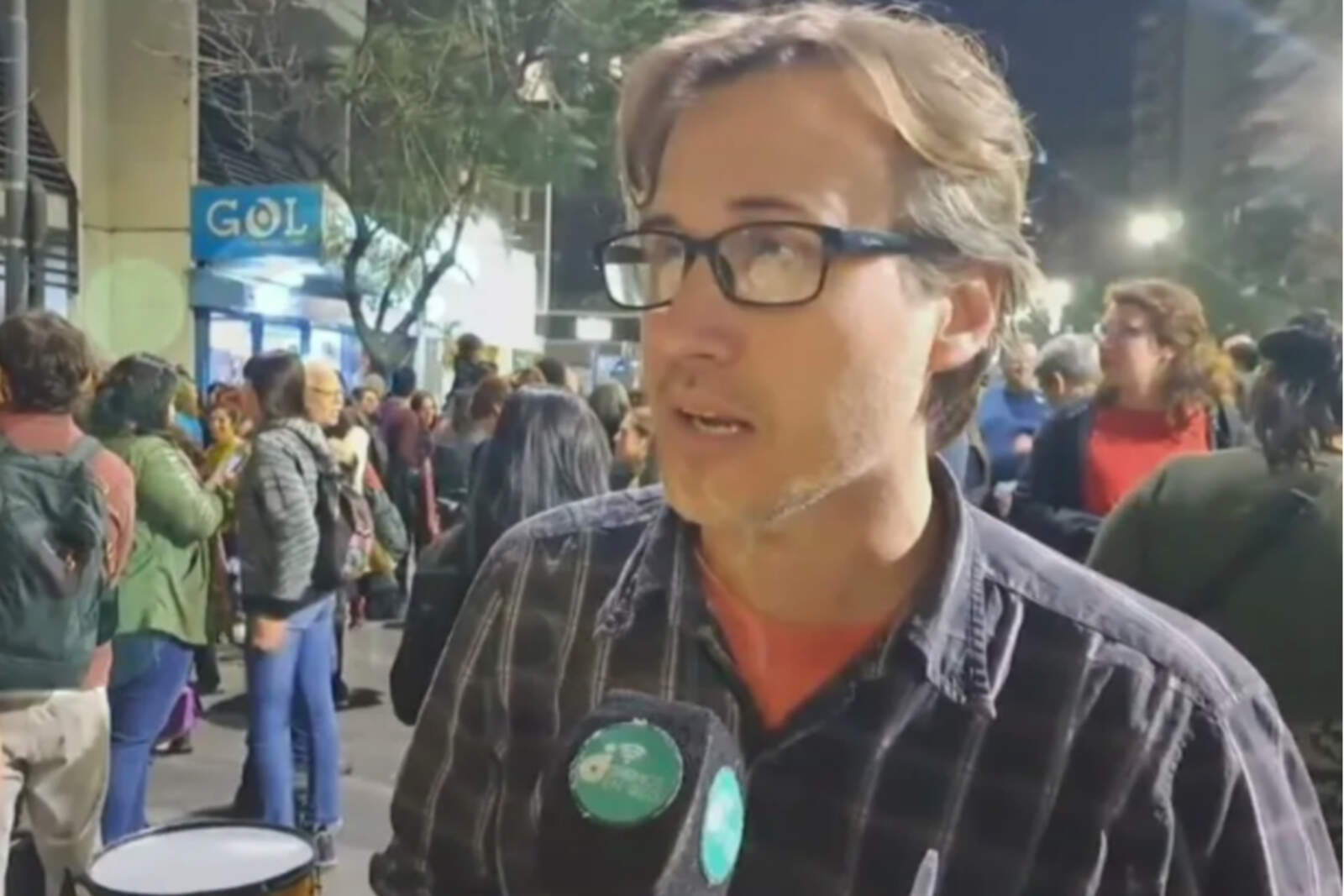
UEPC's statement: warning or pressure mechanism
The union announced that the Ministry authorized total or partial suspensions depending on what each institution decides. The only mandatory activity at the secondary level will be the exam sessions, according to the education department. This time, the cold serves as an excuse, but the pattern is identical: when faced with any difficulty, the immediate response is to halt the system.
Additionally, the education department reported that absences would not be counted this Monday the 30th. The decision leaves it up to families to decide whether or not to send students, but also transfers uncertainty to them. Without guaranteed classes, heating, or safe transportation in all cases, it is often parents who end up resolving what the State and unions should have anticipated together.
UEPC says it will maintain oversight and asks its members to report schools in poor condition. However, the union has been part of the same system that allowed hundreds of schools to reach winter without basic conditions. Neither the province nor the union can ignore the deterioration, but suspending classes is nothing more than an easy way out of a structural problem that requires more management and fewer complaints.

